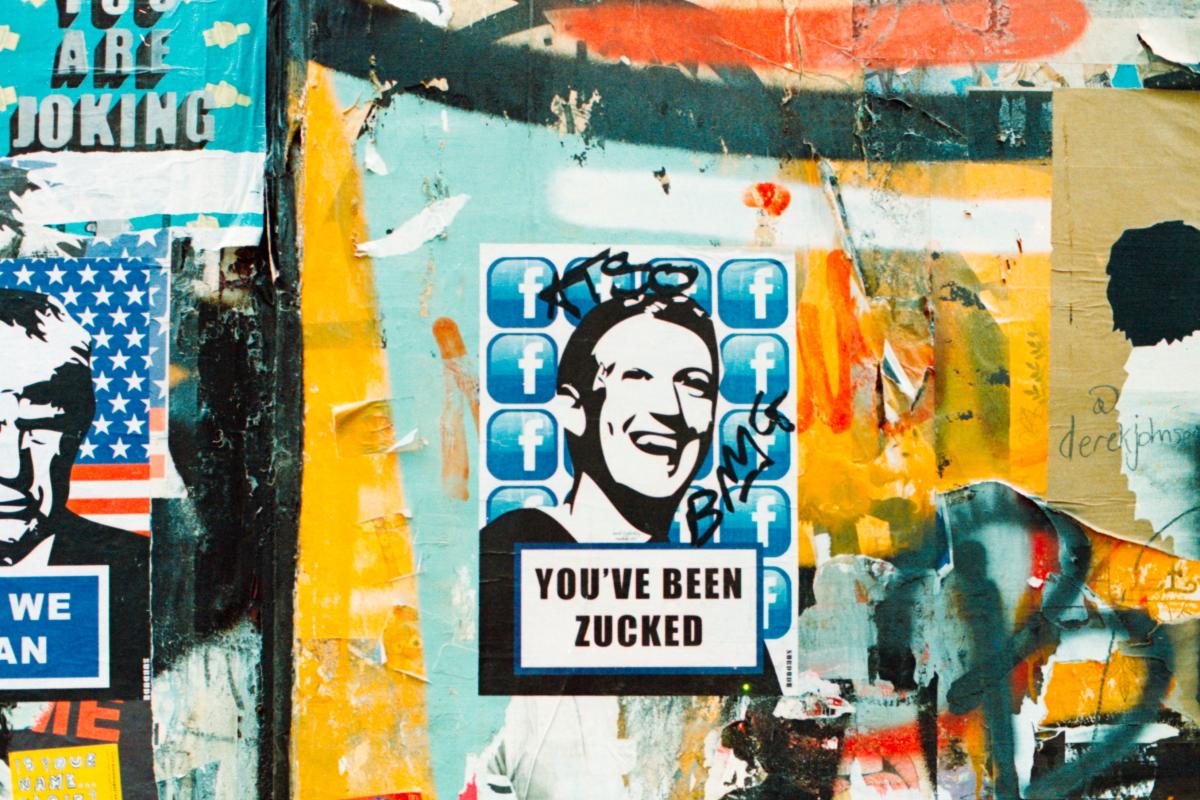I’ve always had a hard time swallowing our industry’s self-regarding and dishonest conception of brand purpose. It reveals how low our levels of integrity can be. And during challenging times like the world finds itself today, its deceitfulness has surfaced even more so.
Exhibit 1A: “To bring the world closer together” (Facebook mission statement)
Exhibit 1B: “Facebook sued by the IRS for $9 billion in unpaid taxes” (The Verge, Feb 2020)
Exhibit 1C: “Facebook pays just £28m of UK tax despite record £1.7bn revenues” (The Telegraph, Oct 2019)
---
Exhibit 2A: “To organize the world's information and make it universally accessible and useful.” (Google mission statement)
Exhibit 2B: “Google shifted $23 billion to tax haven Bermuda in 2017” (Reuters, Jan 2019)
---
Exhibit 3A: “To be earth’s most customer-centric company.” (Amazon mission statement)
Exhibit 3B: “Amazon pays just £220m tax on British revenue of £10.9bn” (The Times, Sep 2019)
Exhibit 3C: “Amazon paid no federal taxes on $11.2 billion in profits last year” (The Washington Post, Feb 2019)
As we are witnessing the tale of our stock market’s historic adversary for social-leaning politics, yet its current plea for trillion-dollar payouts because our social programs are desperately underfunded; so can one observe an identical irony how behemoth companies are now pretending to come to the rescue of our public life.
But let’s start with purpose.
We should be extremely suspicious of this concept, as it was championed and propagated among the wider industry because of its apparent commercial return on investments. In other words, it was conceived out of financial motivations, not altruistic activism. At the very heart of Purpose lies a deep deceit.
One of the initial and most adopted brand purpose models is The Stengel 50, an analysis done by Millward Brown and Jim Stengel in 2012. Looking at the top S&P companies, it drew the conclusion that those who serve a higher purpose were 400% more profitable. Therefore adopting a meaningful purpose, will be economically rewarding for your business.
By now it has already been well established its methodology was completely flawed. As often in our industry as long as the argument serves our agenda, numbers don’t count, correlation become causality, and conjured definitions without any factor-analysis become empirically validated constructs. The model wouldn’t have passed a high school statistics test.
Thus Purpose is a deceit, wrapped up and sold through a lie.
At this stage, we should address not all brand purposes are necessarily wrong by definition. As always in the creative field, there are no rules to follow; no doctrines; no set-in-stones. Luckily there are businesses whose core activity is purposeful (i.e. Patagonia: “To be in the business to save our home planet”), or a brand’s purpose can be a liberating creative springboard from which meaningful marketing initiatives can be born (i.e. Pedigree: “To make the world a better place for dogs”).
When purpose becomes a point of strategic focus instead of lofty lie, we are playing a much more honest yet interesting game. I would rather see more brand purpose examples such as:
[A match brand] “To burn it all down”
[A liquor brand] “To be your very last drink”
[A crayon brand] “To unleash chaos”
Provocative? Maybe. But at least honest within the environment the brand can operate in. But unfortunately, the world today cares more about the ideology of inoffensiveness on brand image over the hardwired practices and realities the company behind the brand actually operates on.
Which brings me to current work and initiatives like these:
Apple and Google partner on covid-19 contact tracing technology
AWS powers new platform to train one million volunteer healthcare workers
Amazon donates 8,200 laptops to Seattle Public Schools families
There should be no problem within today’s climate for brands to join the current conversations in meaningful ways, demonstrate useful social pragmatism, or simply generate a slice of humour during darker times. At the end of the day, we are in the business of building equity back into our companies which should benefit wider society in the long run.
But one might ask the question how businesses should serve society best. And if one is still of the idea maximizing shareholder value at the expense of social obligations such as taxation, employee benefits, or wider community support, one should stand up and look out of their window right now and think again.
For it is exactly these companies who are now utilizing their brand purpose to demonstrate corporate citizenship that have refused to contribute to the very social programs they are now pretending to lend a hand with.
By deliberately avoiding paying their fair share back to the communities that gave them the initial opportunities; by squandering employee benefits thus weakening those social and familial structures; by implementing zero hour contracts and abolishing its reciprocal commitments to the very people its survival depends on; by employing the Machiavellian corporate culture in which the aggressive pursuit of market domination justifies any policy. It is exactly these deliberate corporate decisions that have contributed to our current weakened social system.
And now we seem to be applauding they are coming to our rescue. Now they are the responsible good shepherds at times when our elected officials are failing us. Now they have (some) cash to spend. There is something so hideously perverse about this.
There is no doubt that tremendous value has been created from innovations such as the convenience of e-commerce platforms, the fact we can talk to anyone anywhere in the world at any given moment, have a car pick us up at our doorstop at the press of a button, or have knowledge more voluminous than any library in the world at our fingertips.
But we have to ask ourselves the question whether by lending our creativity to these businesses to masque their societal-damaging hidden workings have really benefited the world for the better at this stage.
In recent years there has been an increase in clients looking for agency partners that can demonstrate the right kind of internal policies on matters such as equality and sustainability. Unilever and Diageo to name a few. Maybe creative agencies can start to return such procedures with their prospective clients.
Maybe we should lend our creativity to them and sort out their purpose in the world, only when they can submit their tax returns to the public?
The author of this piece has asked to remain anonymous. They work in a senior planning position at an agency.



